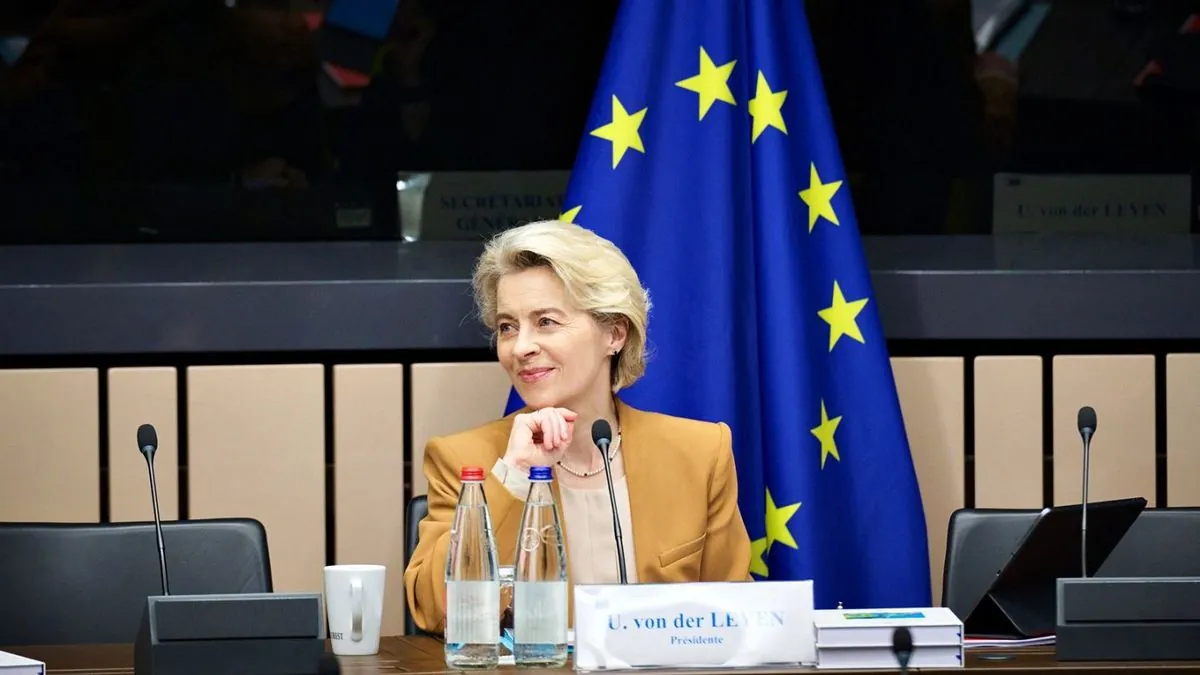Ursula von der Leyen, President of the European Commission, is intensifying efforts to achieve gender balance in her top team, offering incentives to member states that nominate women for commissioner roles. This push comes as the Commission prepares for its next term, set to run until 2029.
Currently, only six women have been nominated out of 22 candidates, falling short of von der Leyen's goal for gender parity. This situation has prompted the Commission President to adopt a strategic approach, particularly targeting smaller member states.
Reports suggest that von der Leyen is offering more prominent portfolios to countries willing to nominate female candidates. This tactic could see smaller nations assigned roles typically reserved for larger EU members, such as finance or migration chief.
Malta finds itself at the center of this strategy. The Commission has reportedly approached Malta, suggesting they retain their current commissioner, Helena Dalli, for a second term in exchange for a higher-profile portfolio. This proposal has created a dilemma for the Maltese government, weighing the benefits of a potentially stronger brief against the optics of changing their initial nomination.
"Von der Leyen is probably promising us a better portfolio if we agree to renominate her. If that's the case, the government must decide: stand by our nominee and look strong but get a weaker portfolio. Or swap nominee, look weak but get a stronger brief."
Ireland, however, has taken a firm stance against this approach. Simon Harris, the Irish Prime Minister, declined to nominate both a male and female candidate, stating it would be unfair to their chosen nominee, Michael McGrath. Ireland's Deputy Prime Minister, Micheal Martin, argued that EU treaties do not grant Brussels the legal right to demand female nominations.
The push for gender balance is not merely symbolic. The European Commission, established in 1958, plays a crucial role as the EU's executive branch, responsible for proposing and enforcing legislation. Each of the 27 commissioners represents a member state but is expected to act in the interest of the EU as a whole.
Von der Leyen, the first woman to lead the Commission, has until Friday, September 6, 2024, to fulfill her promise of a gender-balanced team. Failure to do so could have significant implications, potentially weakening her position in the ongoing power dynamics between Brussels and member states.
The approval process for commissioners involves the European Parliament, which must vote to finalize any appointments. This adds another layer of complexity to von der Leyen's challenge, as she navigates the delicate balance between achieving gender parity and satisfying the diverse interests of EU member states.
As the deadline approaches, all eyes are on von der Leyen and the member states to see if they can collectively achieve the goal of a gender-balanced Commission, setting a precedent for future EU leadership.
